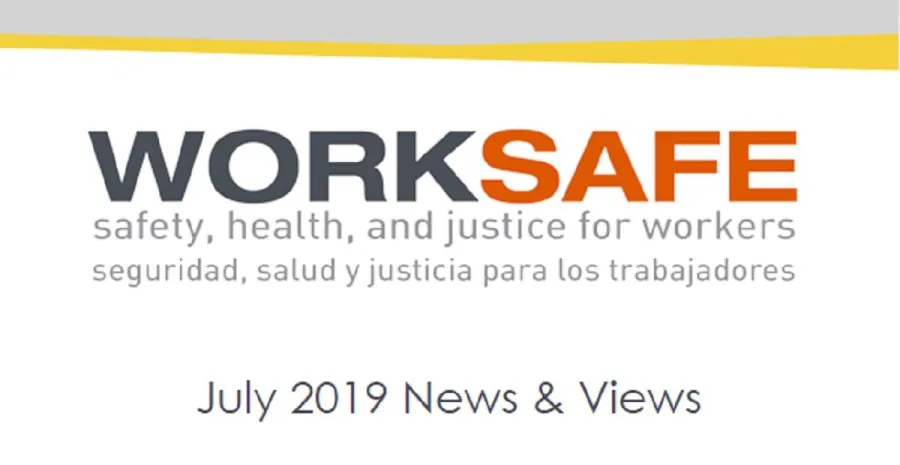| Last Year's Injury Tracking Victory Deserves a Second Look Tucked into AB 2334 (Thurmond), signed into law last year by Governor Brown, is a provision that makes it easier for Cal/OSHA to cite employers for failing to track workplace injuries and illnesses. This part of the new law has not received much attention, but it is a legislative victory for occupational health and safety in California that pushes back on federal efforts to roll back Obama-era worker protection rules.Most employers with 10 or more employees are required to maintain injury and illness logs. The logs are available to OSHA inspectors and to former and current employees upon request. Injury and illness data in the logs are an important indicator of the effectiveness of the employer’s injury and illness prevention plan. These logs must be retained for at least 5 years.At the federal level, one of the challenges of citing employers for injury and illness recordkeeping violations is OSHA’s inability to issue citations for unrecorded injuries more than 6 months old. Historically, OSHA could issue a citation to an employer for an unrecorded injury or illness less than 5 years old, under the theory that the employer had violated its 5 year record retention obligation. However, a 2012 federal appeals court decision, Volks v. Secretary of Labor, struck down this long-standing interpretation. It instead applied the general 6 month statute of limitations for health and safety violations to these recordkeeping violations. At the end of the Obama Administration, Federal OSHA tried to correct the problem with a new regulation reinstating its ability to cite employers within 5 years of an injury or illness, but Congress used the Congressional Review Act to strike down the rule in 2017. The Volks court’s 6 month limitation was also applied at Cal/OSHA. Given the relative infrequency with which Cal/OSHA can review injury logs, it became powerless to cite many of the recordkeeping violations inspectors discovered.AB 2334 fixed this problem by declaring that recordkeeping violations are ongoing until they are either corrected, discovered by Cal/OSHA, or become moot because the underlying obligation ceases to exist. It was a common-sense fix that reinstates Cal/OSHA’s ability to meaningfully enforce recordkeeping requirements, just as it did for years under administrations of both political stripes. In Solidarity,Worksafe |
|
|




